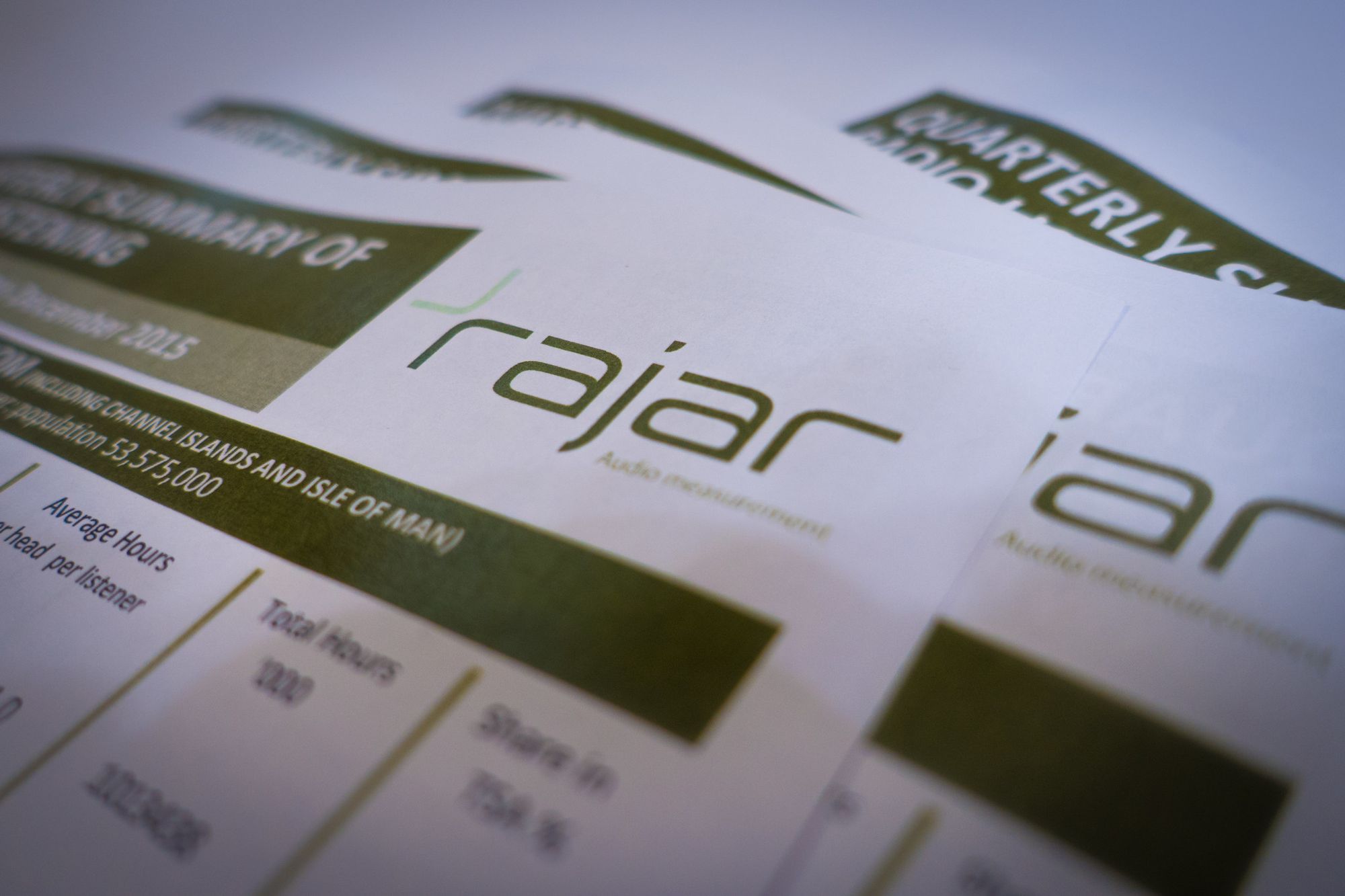Introduction:
Radio programming is an art that combines creativity, strategy, and a deep understanding of your audience. Whether you're a seasoned radio professional or just starting out, mastering the keys to successful programming can make all the difference in building a thriving radio station. In this blog post, we'll unveil the ten essential elements that will help you captivate listeners, drive engagement, and create a successful radio programming strategy.
Know Your Audience:
Understanding your target audience is the foundation of successful radio programming. Conduct thorough market research, analyze demographics, and gain insights into your listeners' preferences. Tailor your content, music selection, and programming style to resonate with your audience's tastes and interests.
Develop a Strong Brand:
Build a unique and recognizable brand for your radio station. Define your station's personality, values, and positioning. Craft a compelling station identity that differentiates you from competitors. Consistency across your programming, imaging, and promotions will reinforce your brand and leave a lasting impression on listeners.
Engaging Content:
Create compelling and engaging content that keeps listeners hooked. Develop a diverse range of shows, interviews, and segments that cater to your audience's interests. Blend entertainment, information, and relevant discussions to deliver a well-rounded listening experience.
Dynamic Music Selection:
Crafting a well-curated music playlist is crucial. Stay updated with the latest trends, monitor listener feedback, and adapt your music selection accordingly. Strike a balance between popular hits and unique discoveries to cater to diverse listener preferences while maintaining your station's unique style.
Strategic Scheduling:
Effective scheduling plays a vital role in attracting and retaining listeners. Analyze audience listening patterns and identify peak times. Strategically place popular shows and high-energy segments during these periods to maximize engagement. Experiment with different time slots and monitor listener feedback to refine your schedule further.
Conclusion:
Successful radio programming requires a delicate balance of creativity, audience understanding, and strategic execution. By implementing these ten keys to successful radio programming, you can elevate your station's performance, captivate listeners, and build a loyal and engaged audience. Embrace the art of radio programming, and unlock the power to create an exceptional listening experience




